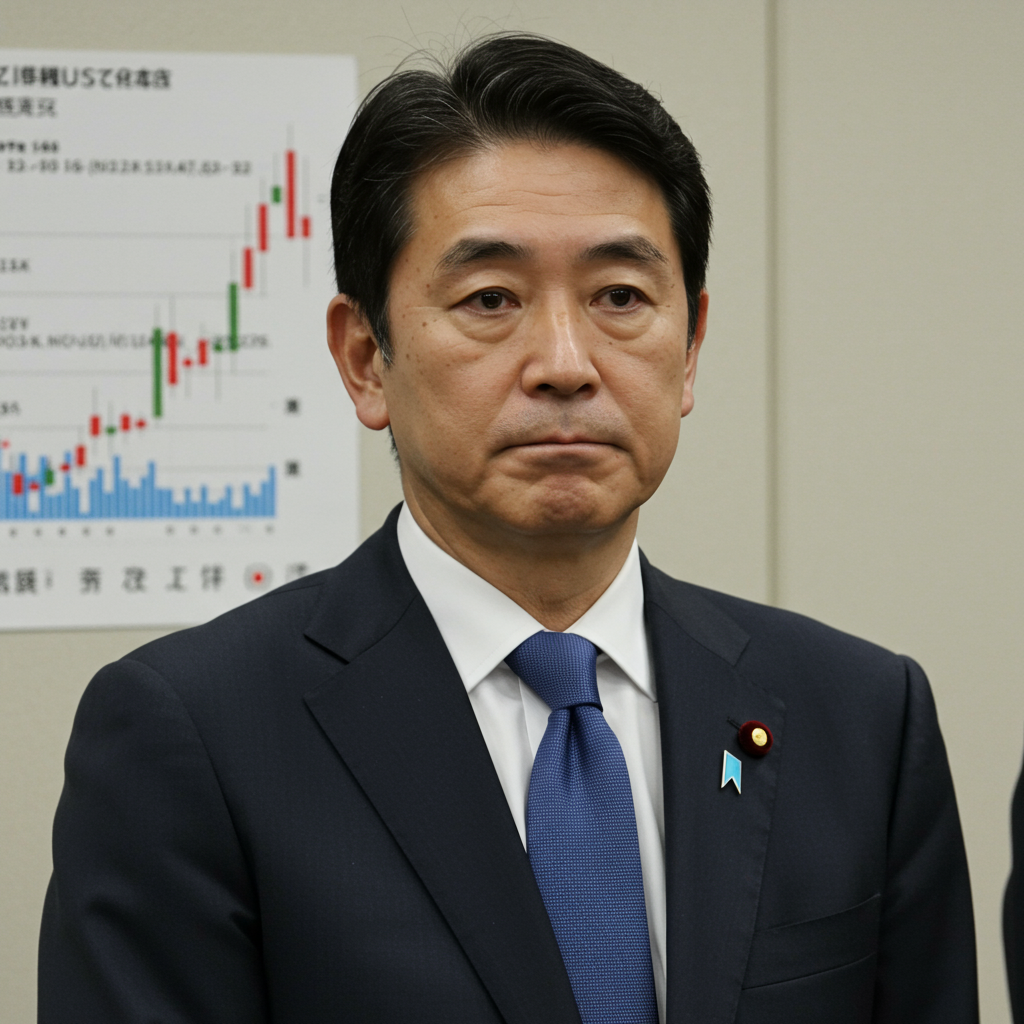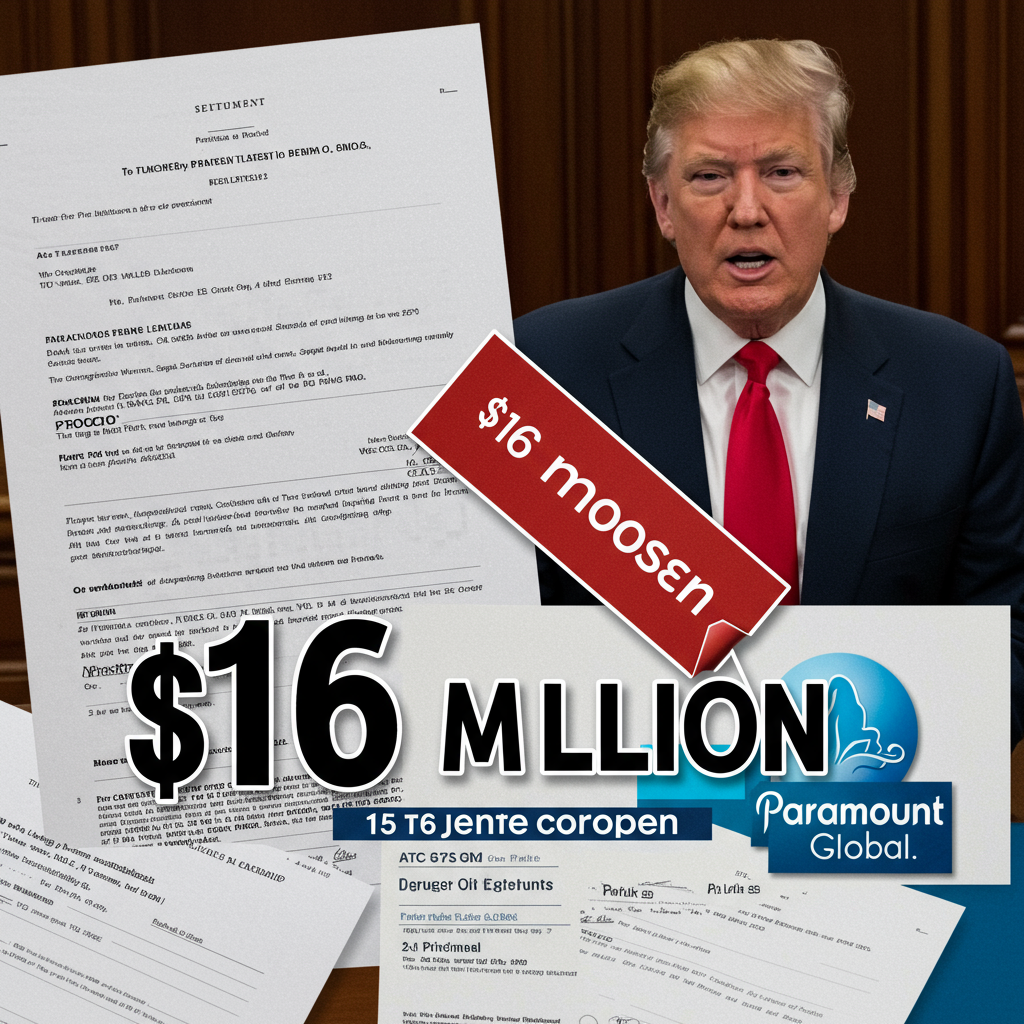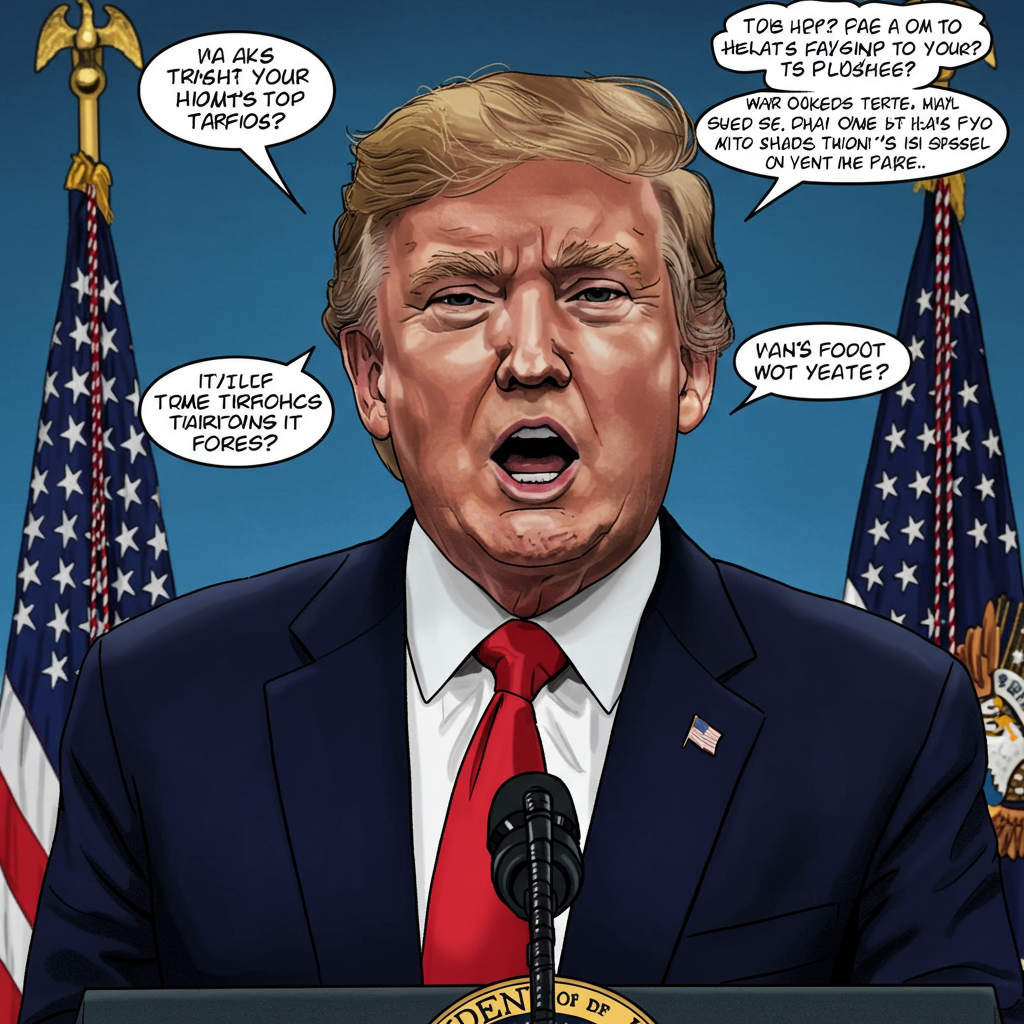A seemingly lighthearted comment about receiving rice as gifts cost Japan’s farm minister dearly. Taku Eto hoped to land a joke with supporters, stating he never had to buy rice because he got “plenty” for free. Instead, the remark ignited widespread public fury and forced his resignation, underscoring the deep sensitivity surrounding the nation’s surging rice prices amid a severe cost-of-living crisis.
Why Rice Prices Spark Political Firestorms in Japan
Rice isn’t merely a food staple in Japan; it’s culturally fundamental and historically volatile. Price surges have a track record of causing political instability, famously contributing to riots that toppled a government in 1918. Today, rice remains a potent political trigger, and its dramatically increasing cost is a major pain point for ordinary Japanese citizens.
Japan is grappling with its first significant cost-of-living crisis in decades. For many, the doubled price of rice over the last year, coupled with a scarcity of imported alternatives, has turned a basic necessity into a source of financial stress. This economic pressure cooker meant Minister Eto’s comment was perceived as profoundly insensitive and out of touch. His resignation, coming after opposition parties threatened a no-confidence motion, deals a further blow to Prime Minister Shigeru Ishiba’s minority government, already struggling with low approval ratings (a recent poll showing approval at just 27.4%, with 87.1% viewing government action on prices as inadequate).
The impact on daily life is significant. A first-time mother in Yokohama expressed concerns about affording enough rice for her family, noting they might have to reduce their own consumption to ensure her child eats well as she starts solid food. This personal struggle resonates with many across the country. The public’s sensitivity to the issue was highlighted when a bento chain’s April Fool’s joke about stopping rice sales due to high prices caused widespread backlash, illustrating just how raw the topic is.
Untangling the Complex Price Surge
Experts attribute the dramatic rise in rice prices to a confluence of factors, primarily a supply and demand imbalance exacerbated by government miscalculations. Agricultural economist Kunio Nishikawa points out that while the government no longer directly controls production, the agriculture ministry’s demand estimates guide farmers. However, the ministry underestimated demand for 2023 and 2024, projecting 6.8 million tonnes when actual demand reached 7.05 million tonnes.
Demand increased due to several factors: a surge in tourism post-pandemic, more people eating out, and rice being relatively more affordable compared to other rapidly inflating food items. Compounding this increased demand was a lower-than-anticipated supply. Actual production in 2023 was only 6.61 million tonnes, partly due to challenging weather conditions, including unusually high temperatures that affected both yield and quality. A poor harvest in the summer of 2023 is cited as a key cause for the reduced supply filtering into the market this year.
Farmers: Years of Struggle Meet Potential Profit
For many years, rice farming in Japan has been largely unprofitable. Farmers like Kosuke Kasahara, whose family has farmed for generations, note that production costs often barely exceed the price cooperatives offer. It might cost around 18,500 yen ($125.70) to produce 60kg, only to be offered 19,000 yen. The government even provided incentives for farmers to reduce rice production or switch to other crops like wheat or soybeans, partly due to a long-term decline in domestic rice consumption. Younger farmers had begun diversifying into rice for specific uses like sake or animal feed to seek profitability.
Now, the script has flipped. The current market price for 60kg of rice has soared to 40,000 to 50,000 yen. While this is a burden for consumers, it represents a potential lifeline for many struggling farmers, finally allowing them a chance at making a profit after years of hardship.
Government Intervention and Divisions
In response to growing public anger, the government took the rare step in March of auctioning some of its emergency rice reserves. These stockpiles are typically reserved for use after natural disasters, not for market intervention to control prices. This move was met with criticism from some farmers who felt betrayed, stating the government had assured them reserves wouldn’t be used for price control. Despite this action, prices have continued their upward trend.
The crisis has also highlighted the need for imports, leading Japan to bring in rice from South Korea for the first time in a quarter-century, with hints of expanding imports from the US. However, this bumps against a strong cultural preference among Japanese consumers for domestically grown rice, often viewed as superior in quality and tied to the principle of “local production for local consumption.”
This situation has also deepened existing divisions among farmers. Some, like Shinya Tabuchi, argue the sector is overly protected and that less profitable farmers should be allowed to fail to create a more sustainable, market-driven industry that can offer better returns for younger generations. Others, like Kosuke Kasahara, emphasize the vital role farming plays in sustaining rural communities and advocate for government support, such as a guaranteed buying price (suggesting 32,000 to 36,000 yen per 60kg) to ensure farmer viability without the volatility of market extremes.
A Political Tightrope Walk
The complex issue of rice prices places Prime Minister Ishiba’s government on a precarious political tightrope, especially with a national election on the horizon. They must navigate the conflicting demands of consumers desperate for lower prices and farmers seeking fair compensation after years of struggle. Balancing the interests of these key voting demographics, particularly the influential elderly populations in both camps, is crucial. Minister Eto’s rapid downfall serves as a stark reminder of just how sensitive a topic rice remains in the delicate balance of Japanese politics and economics.
References
- https://www.bbc.com/news/articles/cj42vjrdz1no
- https://www.bbc.co.uk/news/articles/cj42vjrdz1no
- https://www.dw.com/en/japan-minister-bows-out-over-rice-gaffe/a-72617557
- https://english.kyodonews.net/news/2025/04/191f68449768-japanese-bento-chain-slammed-for-no-more-rice-april-fools-joke.html?phrase=Kane%20Tanaka&words=




